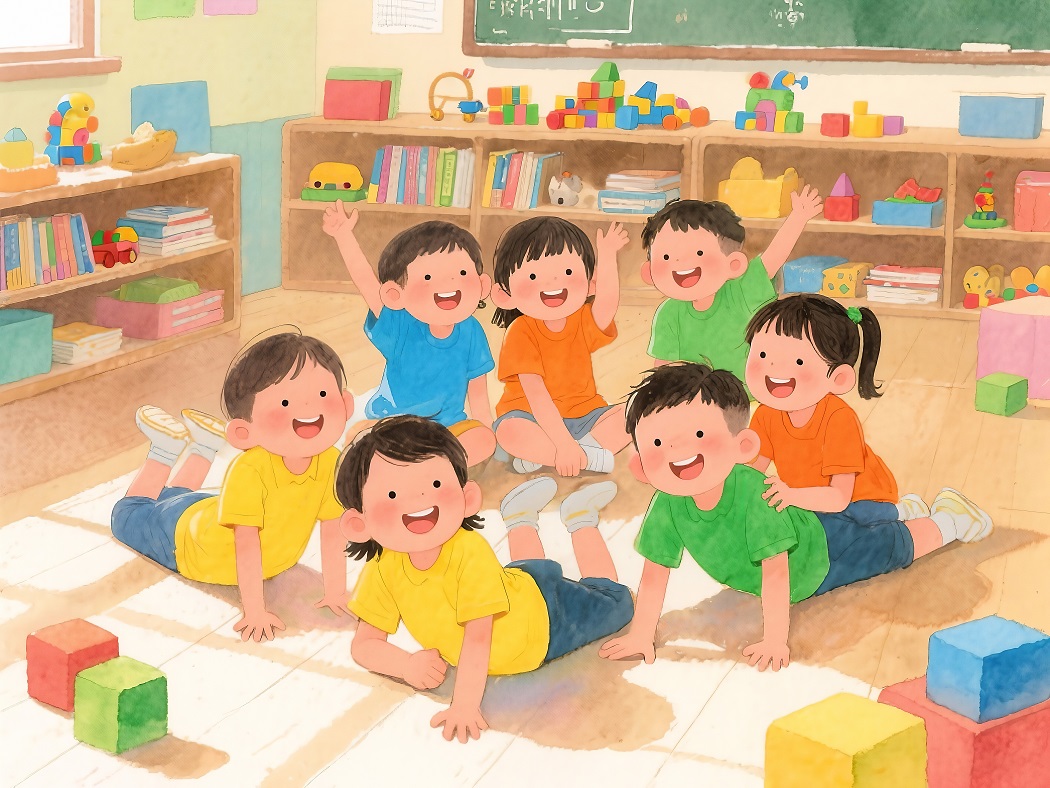How nursery school shapes early learning in international schools in Thailand

Nursery school is often a child’s first experience in a structured learning environment. For families choosing an international school in Thailand, the nursery stage plays a central role in building confidence, communication skills, and emotional security before children move on to more formal early-years programs.
International schools in Thailand tend to follow child-centered approaches such as the EYFS framework, Reggio Emilia–inspired learning, or play-based development. These models place equal importance on curiosity, language growth, social development, and the ability to explore the world through meaningful experiences.
A safe environment for early development
Young children learn best when they feel secure. Nursery classrooms in international schools are typically designed with soft spaces, open play areas, and natural materials to help children settle in comfortably. Teachers trained in early-years education observe each child closely, helping them adapt at their own pace. This gentle approach supports emotional regulation, independence, and resilience.
Daily routines are predictable but flexible. Children may start the morning with sensory play, music, or outdoor exploration before moving into small-group activities. These rhythms help students feel grounded while allowing enough freedom for creativity and movement.
Building early communication skills
For many families in Thailand, an international school means early exposure to English. Nursery school provides a natural setting for language development through songs, stories, and simple conversations. Children absorb vocabulary during play, which makes learning feel effortless rather than instructional.
Teachers often combine English with visual cues, gestures, and hands-on activities, helping both native and non-native speakers communicate confidently. Over time, children begin to understand instructions, express choices, and interact with peers using simple English phrases.
Learning through play
Play is a central part of nursery education, not an “extra.” Activities such as role-playing, building with blocks, exploring water tables, or painting encourage children to develop problem-solving skills and fine motor coordination. Outdoor play, which many international schools emphasize, supports physical development and early scientific thinking.
Play-based learning also introduces early numeracy and literacy in a natural way. Children learn counting while sorting objects or understand story structure through pretend play. These small moments form the foundation for future academic readiness.
Social growth and global awareness
Nursery classrooms in international schools often bring together children from diverse cultural backgrounds. This environment encourages young learners to grow up with a global mindset. They observe different languages, traditions, and behaviors from an early age, helping them develop empathy, cooperation, and respect for others.
Simple experiences such as sharing a snack, celebrating international festivals, or working together on a group activity teach children important social skills that support them throughout their school journey.
Partnership with families
International schools in Thailand recognize the importance of connecting with parents, especially during the nursery years. Regular communication, photos of daily activities, and brief updates help parents understand how their child is progressing. Many schools also offer parent workshops or guidance on early childhood development, creating a supportive community around each family.
This partnership ensures that home and school work together to build consistent routines and encourage healthy learning habits.
Preparing children for the next stage
By the time children complete nursery school, they often show stronger self-confidence and independence. They are comfortable exploring new activities, interacting with peers, and expressing their needs. These skills help them transition smoothly into Pre-Kindergarten or Kindergarten programs, where learning becomes more structured.
Nursery school is more than childcare; it is the foundation of a child’s educational journey. For families choosing an international school in Thailand, it offers a balanced combination of emotional support, early academics, and global exposure, preparing young learners to grow with curiosity and confidence.